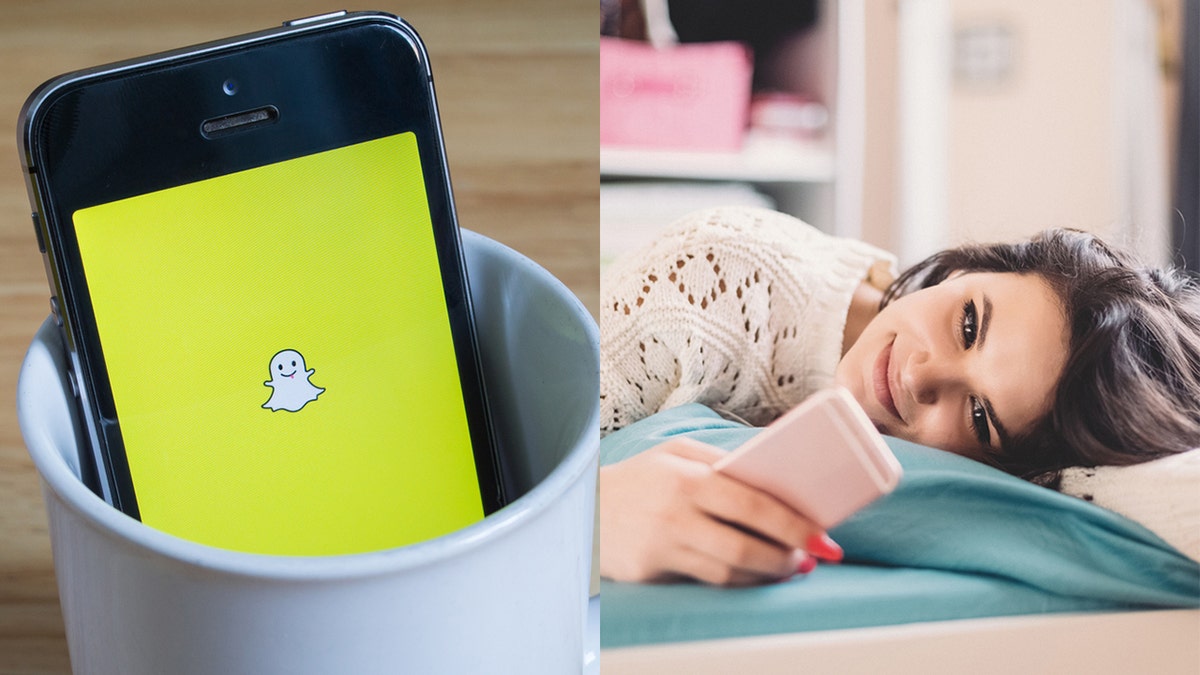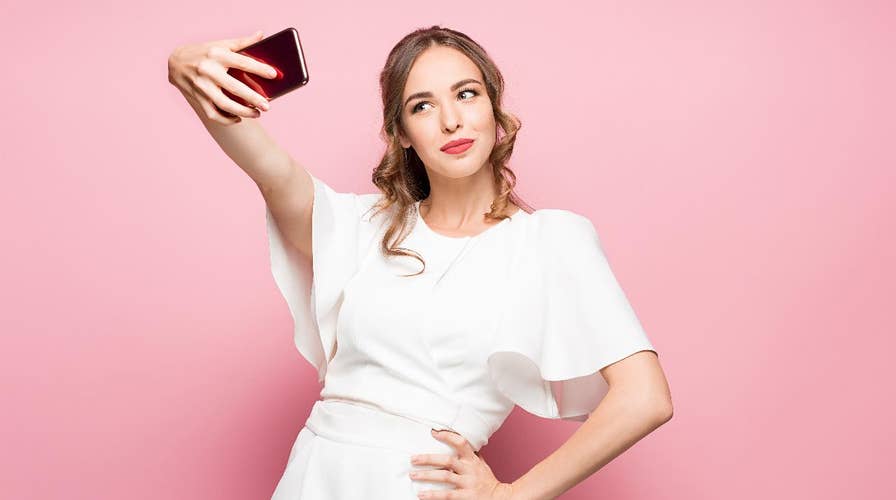Snapchat surgery: Rise in patients wanting to look ‘filtered’
Edited selfies have become the new standard of beauty. A report published in JAMA finds patients are asking plastic surgeons to make them look more like the retouched photos they post on Snapchat or Instagram, a trend they’re calling
Plastic surgeons are reporting a disturbing new trend of patients wanting to look like the retouched, filtered versions of themselves that they post on Snapchat and Instagram.
Boston medical researchers authored an article that calls the trend “Snapchat dysmorphia,” arguing that the filters on popular photo-sharing apps are wreaking havoc on our self-esteem.
Snapchat, which has a younger user base, comes with a wide range of filters that will make a person’s skin look smoother, their eyelashes longer or their face more angular.
ROGUE CHINESE MESSAGE SENT OVER INTERCOM AT NATIONAL WEATHER SERVICE
The report in the journal JAMA Facial Plastic Surgery claims that these filters can sometimes trigger body dysmorphic disorder, a mental illness that can lead to compulsive tendencies and unnecessary beauty procedures, among other negative outcomes.

(Credit: Fox News, iStock)
Unlike the use of Photoshop that’s commonly used for fashion photography in magazines, the filters on Snapchat provide entirely unhuman standards of attractiveness, presenting “an unattainable look” and “blurring the line of reality and fantasy for these patients,” the report says.
The report also notes that over half of plastic surgeons say patients want the procedures so they can look better in selfies.
The airbrushed, idealized versions of women and men in glossy magazines have long been cited by experts as triggers for increased rates of eating disorders and body dysmorphia.
Now, tens of millions of people have apps like Line Camera and Facetune to make themselves look different—thinner and blemish-free—while posting the shots as though they are candid and regular.
The report finds that previously, nose jobs were the most common request, but now people are requesting procedures that will have effects similar to selfie filters, such as nasal and facial symmetry, rhinoplasties, hair transplants and eyelid surgical procedures.
According to The Guardian, this is the latest in a group of recent studies that suggest young people are finding it increasingly difficult to distinguish between real life and social media, and that is having a negative impact on their well-being.
A study in the American Journal of Preventive Medicine found that people who were regular users of social media were twice as likely to feel lonely than those that were light users.
Another study released found that social media, especially Instagram, deepened feelings of anxiety and inadequacy for 15 to 24 year olds.

